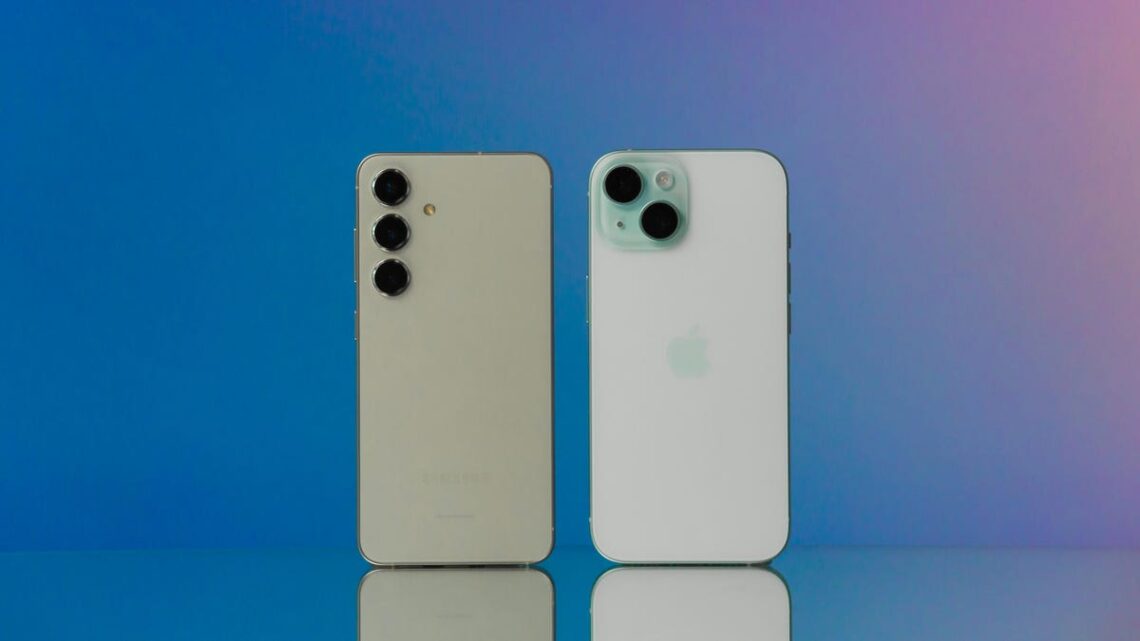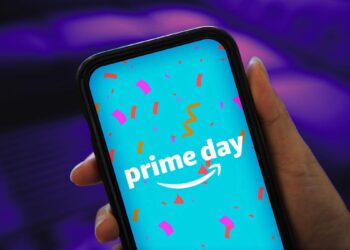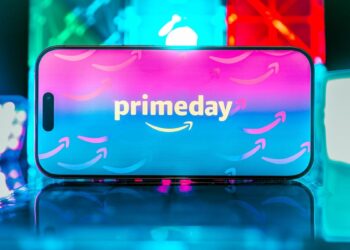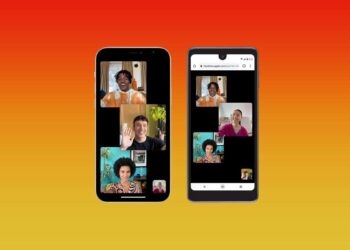It’s a debate as old as the smartphone itself: iPhone or Android? You probably made up your mind a long time ago and never looked back.
Now a landmark antitrust lawsuit wants to change that, claiming that it should be easier to switch between the world’s two largest mobile operating systems. The complaint, brought by the US Department of Justice and 16 state and district attorneys general, accuses Apple of locking iPhone users into its ecosystem through monopolistic practices that make it hard to leave.
The 88-page lawsuit argues that Apple’s tight grip on its software, hardware and app marketplace makes third-party apps and smartwatches significantly less appealing to iPhone users, therefore stifling innovation and resulting in fewer choices for consumers. Above all else, the complaint alleges these policies entrench iPhone users by imposing barriers when switching to Android.
Anyone who owns a smartphone is probably familiar with the green versus blue bubble conundrum, which has become the exemplar for the discrepancy between iPhone and Android. While a large portion of the complaint focuses on messaging, it extends way beyond that to include allegations related to the App Store, Apple Wallet and the Apple Watch.
That last part is significant because it calls Apple’s entire ecosystem approach into question. Regulators and critics have scrutinized the App Store for years, as evidenced by the blockbuster legal battle between Apple and Fortnite maker Epic Games. The Justice Department’s antitrust suit goes a step further by pushing for the iPhone to become more open and platform-agnostic on a fundamental level.
“Usually you’ll have a one-off, where they’re going after the App Store,” said Gene Munster, a longtime Apple observer and managing partner at Deepwater Asset Management. “But in this case, it’s going after both iPhone retention and the App Store.”
It’s impossible to say what the outcome will be, and it will likely be years before we know. But the lawsuit…
Read the full article here






